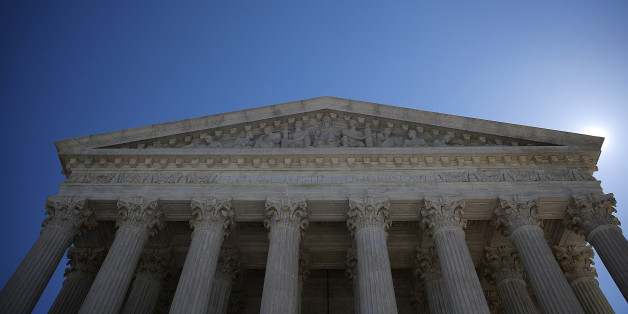MATT MCCLAIN/THE WASHINGTON POST VIA GETTY IMAGES
What the Supreme Court concluded was that Heffernans First Amendment right didn't rest on whether he was engaged in constitutionally protected political activity. The court decided the constitutional question while there was a big hole in the case: whether Heffernan was punished not for supporting a rival but because of under a "neutral policy prohibiting police officers from overt involvement in any political campaign. With the lack of clarity the case was sent back to the lower court for further proceedings. Justice Clarence Thomas disagreed with the majority stating that he would have ruled "factual impossibility" of suing over the violation of a right you never publicly exercised. It shows that everywhere now you are unable to hide from the First Amendment even when your actions do not end up relating to the First Amendment as you see here with Heffernan.
http://www.huffingtonpost.com/entry/supreme-court-first-amendment-motive_us_571f77ebe4b0b49df6a8f081


